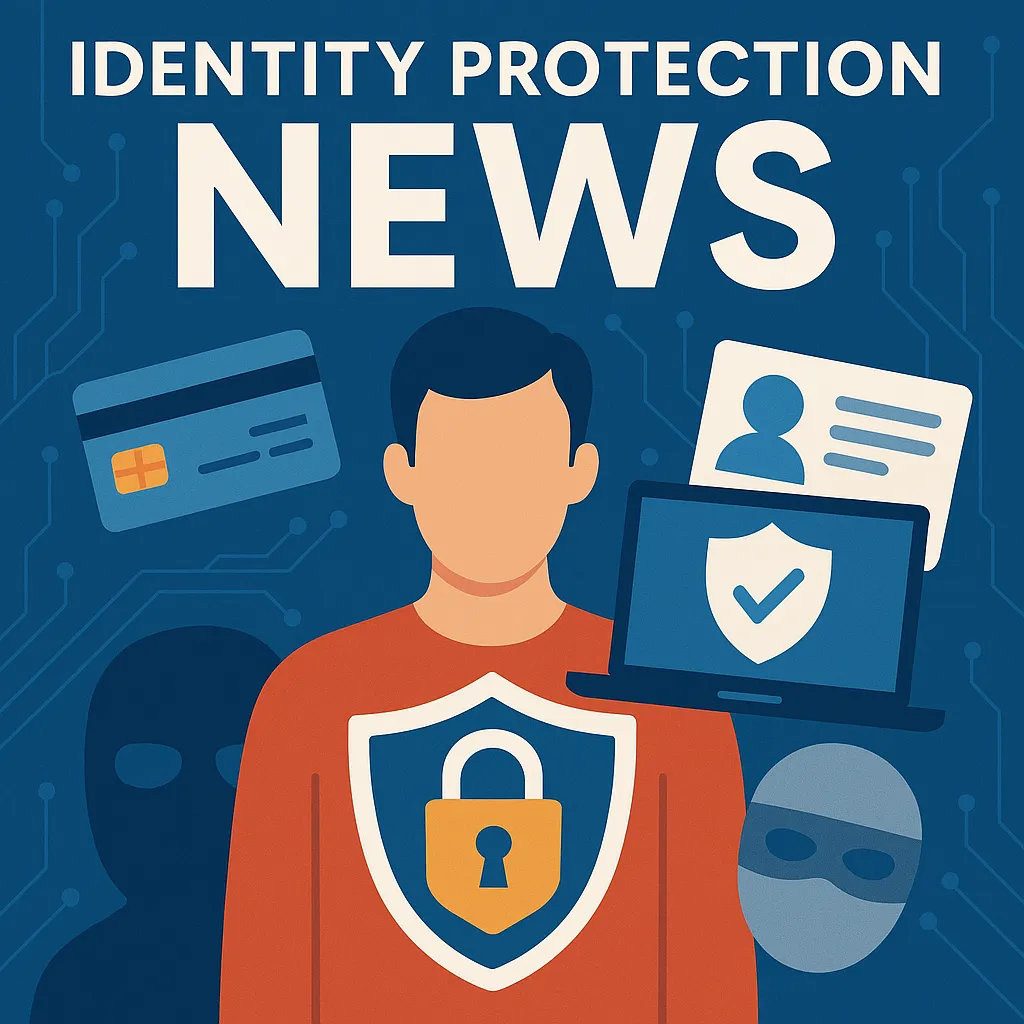Welcome to our comprehensive guide on identity theft, a pressing issue in our digital era. This post unpacks what identity theft entails, explores its various forms, and provides practical advice to keep your information secure.
What is Identity Theft?
Identity theft occurs when someone unlawfully obtains your personal data in a way that involves fraud or deception, typically for economic gain. This can include your social security number, bank details, or other personal identifying information.
Common Types and Methods of Identity Theft
Identity theft can manifest in several forms, ranging from credit card fraud to more complex schemes like deed fraud. For instance, Kiplinger reports on how criminals can commit deed fraud, which isn't just a theft of property but an appropriation of identity.
Student Aid Scams
One specific type of fraud affects college students seeking financial aid. The Federal Student Aid website highlights how scammers target students with too-good-to-be-true debt relief offers. More information can be found on their page.
Recent Advances in Protection
Technological innovations continually provide new methods to protect personal information. For example, research led by Dr. Roderick Davidson II at Vanderbilt University has explored the potential of gold nano-spirals in thwarting identity theft.
How to Recognize and React to Identity Theft
Recognizing the signs of identity theft is crucial. CBS News outlines four main indicators, including unauthorized transactions and bills for goods you didn't purchase. Familiarize yourself with the details on their article.
Preventative Measures and Solutions
Protecting your identity involves a mix of vigilance and the use of modern tools. Always safeguard your personal information, use complex passwords, and monitor your credit reports regularly. Additionally, consider using services that alert you to potential fraud.
Conclusion
In conclusion, staying informed and proactive are your best defenses against identity theft. Employ robust security measures, stay updated on new threats, and maintain a skeptical approach to unsolicited financial advice or offers.
Remember, the key to combating identity theft is not only in the tools you use but also in the awareness you maintain about your personal information's security.
